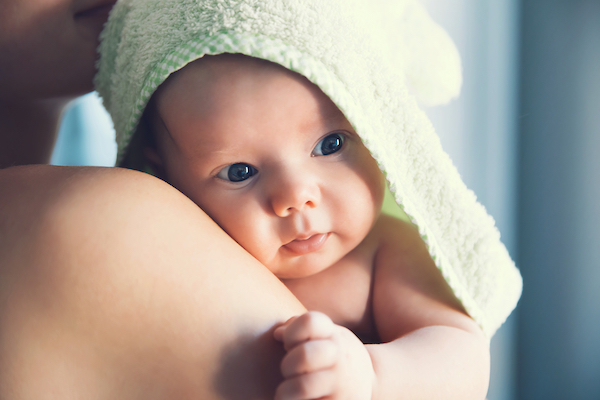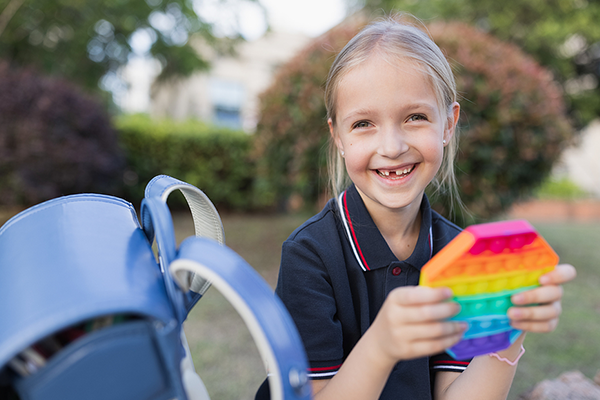Cranking your heat up this winter? Don’t. A cooler 68 degrees is better for your family’s skin and health.
“It’s not a hard and fast number,” said Dr. Clay Stallworth, a pediatrician at Augusta University Health West Wheeler. “But overheating your home is the number-one cause of dry, itchy winter skin and can also make your family more susceptible to colds.”
Here’s why 68 is better
Whether you call it dry skin, eczema or atopic dermatitis, it’s the itch that rashes: winter skin that’s tight, cracked, bumpy and painful.
“By the time parents bring their children to me, it’s a pretty bad flare-up and is going to need medication to get it under control,” said Stallworth. “But really it’s the home environment—what people do every day—that is the most important thing in controlling eczema.” Before it gets to the point that your child needs a steroid cream, start by turning the thermostat down to prevent your heater from drying out the air and your skin. Keep the house at around 68 degrees—just cool enough where you’re comfortable wearing a light sweater.
Avoid long, steaming hot showers or baths, and apply emollients after bathing, such as Eucerin, Aquafor or Vaseline (or store-brand equivalents) to lock in moisture, especially for any dry areas. Hands, in particular, tend to get dry since we wash them more often than any other part of the body.
A humidifier can be helpful, but by lowering the thermostat, you may not need to use one. “With humidifiers, you need to follow the instructions on the packaging, which typically recommend daily rinsing and regular sterilizing to help avoid mold and mildew,” said Stallworth. Otherwise, it’s possible that mold could grow inside the device, which could make your family sick. “The least complicated route is to just lower the heat a bit.”
Another problem with dry air
Your skin isn’t the only body organ that suffers from dry air due to an overactive heater. Part of the function of the mucus membranes inside your nose is to serve as a barrier against germs. But if they dry out, they don’t do their job as well. Lowering the heat helps keep them from getting dried out.
Those membranes can actively help to keep out germs from your hands if you happen to touch your face. But that takes us to another related topic: handwashing.
Overwashing your hands can cause painful cracking and eczema, but it’s still the single best way to help prevent the transmission of germs. So during winter, help your family wash smarter. Use soap and water, not hand sanitizer, to get the best bang for your buck. “The best invention for killing germs is still just plain old soap and water,” said Stallworth. “While soap is drying, so are alcohol-based sanitizers, and studies have found that they really aren’t as effective as washing with soap and water.”
Also, focus on washing hands before you prepare food, before you eat and before you touch your face. “If you don’t, you’re just asking to be sick,” said Stallworth. For example, at holiday parties, he avoids any food items set out in bowls, like peanuts, Chex mix or chips—“anything other people may have reached their hands in. Call me paranoid, but unless there’s a spoon there, that’s one way I avoid getting sick in the winter.”
One more plus
Another benefit of lowering the thermostat? Better sleep. Studies have shown that a cooler home is more conducive to good sleep.
To help children fall asleep even more easily, instill a regular bedtime routine if you haven’t already. It can be as simple as bath, books, song and bed. But even before bedtime begins, make sure your evenings are calm and quiet, and certainly turn off any electronics, including loud music, at least an hour before bedtime.
And it’s not just about getting enough rest. Good sleep, says Stallworth, is one of the very best ways to help boost our immune system—to help prevent colds and make us better able to withstand other illnesses. “I always tell parents that adequate sleep is the best vitamin they could give their child,” he said.




